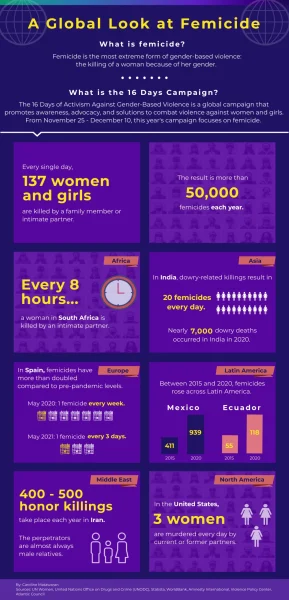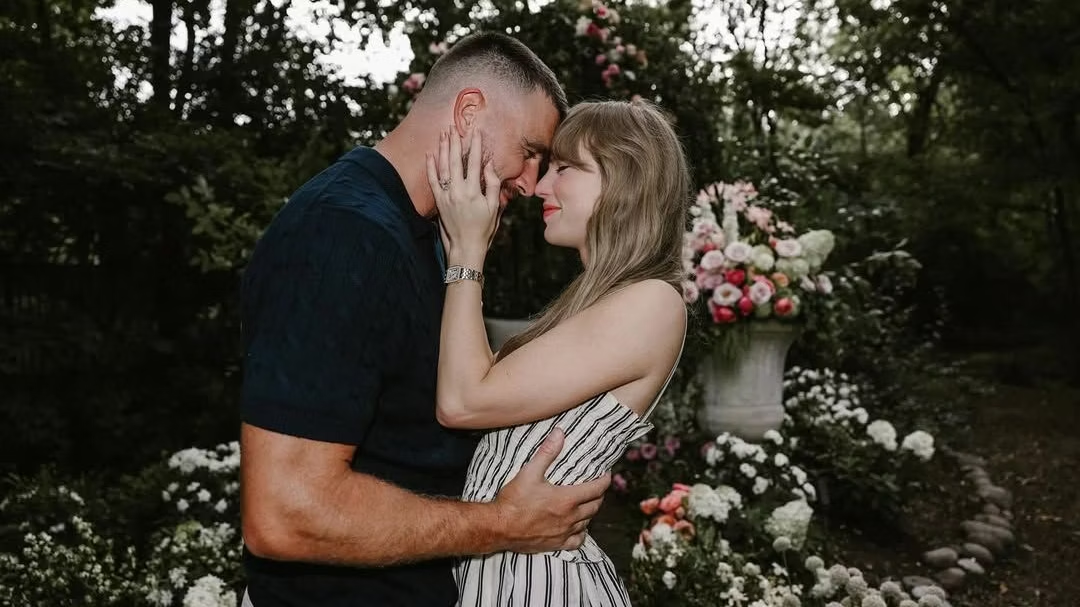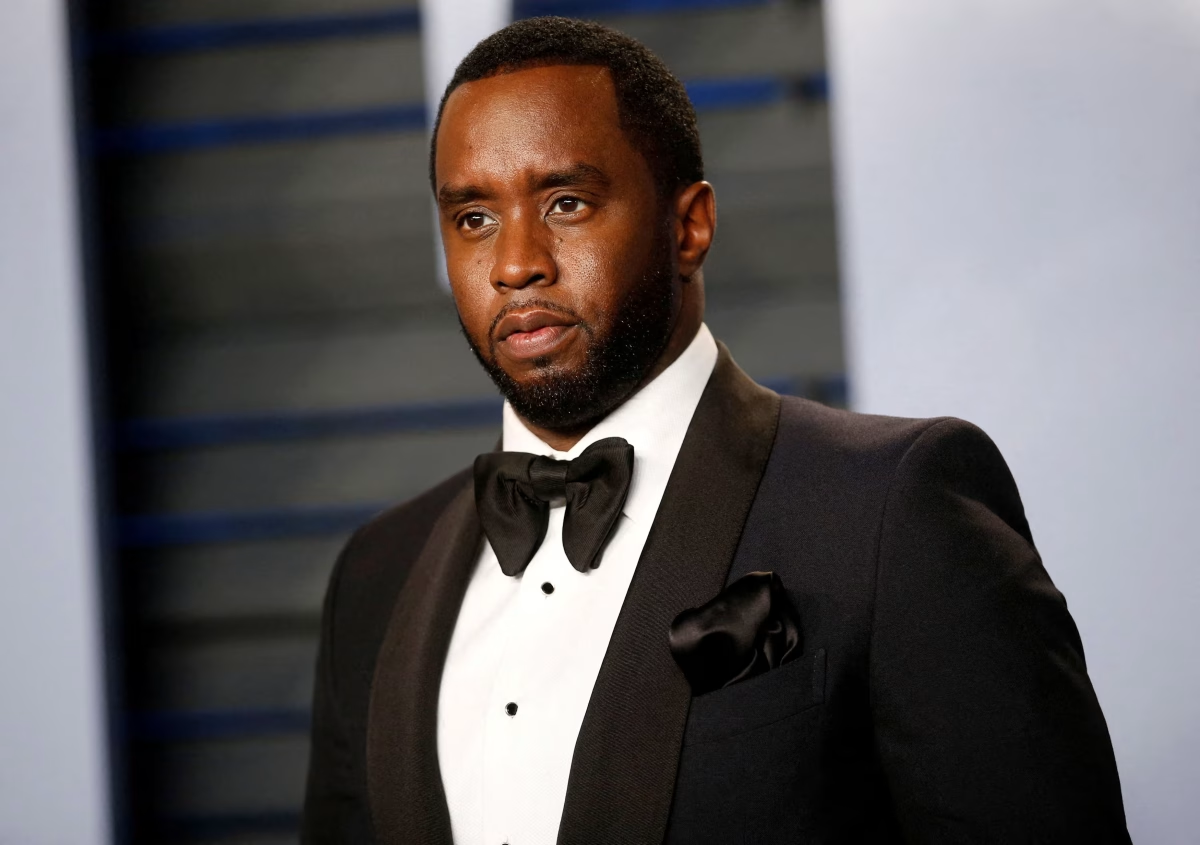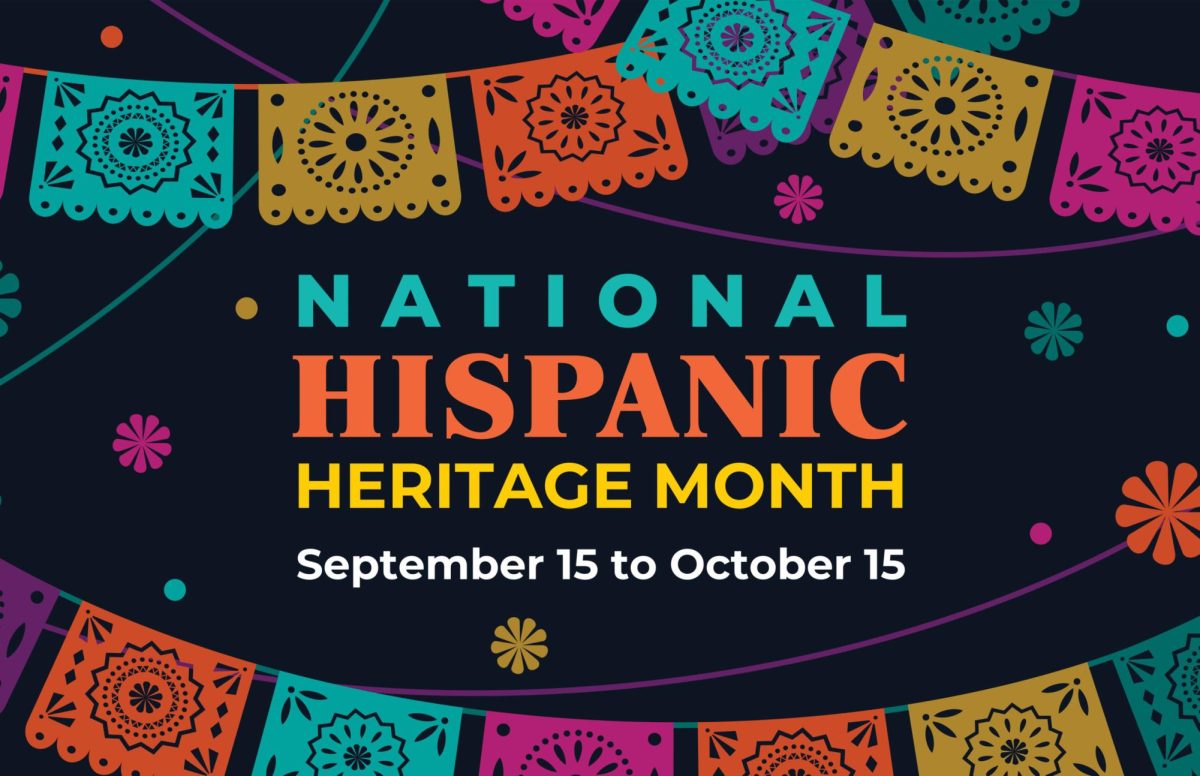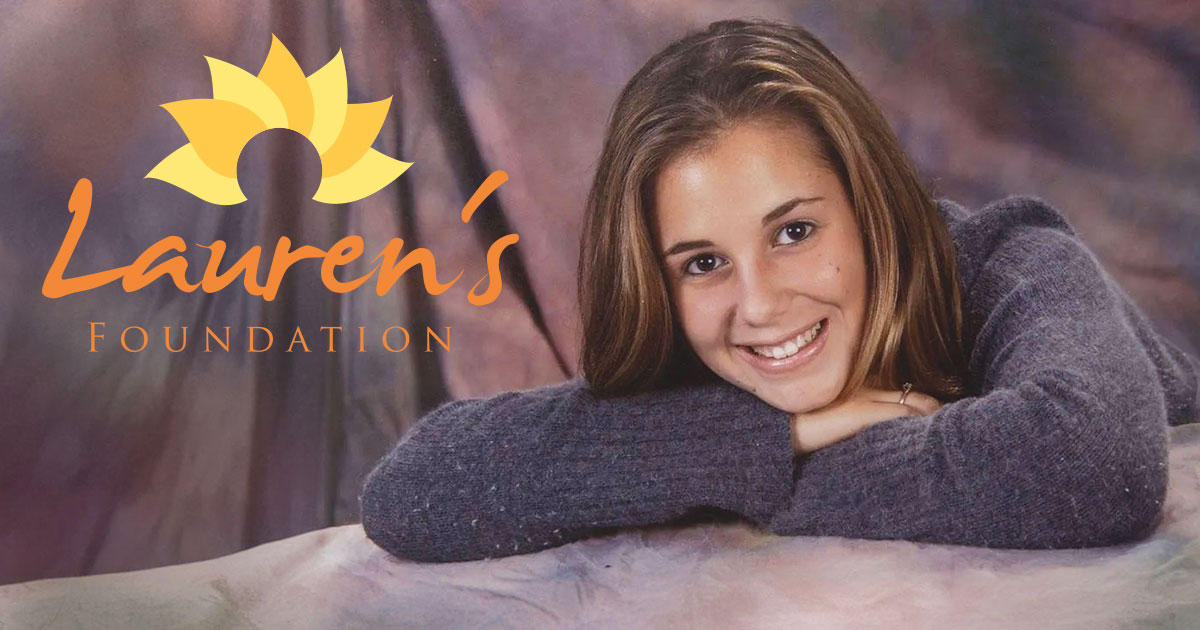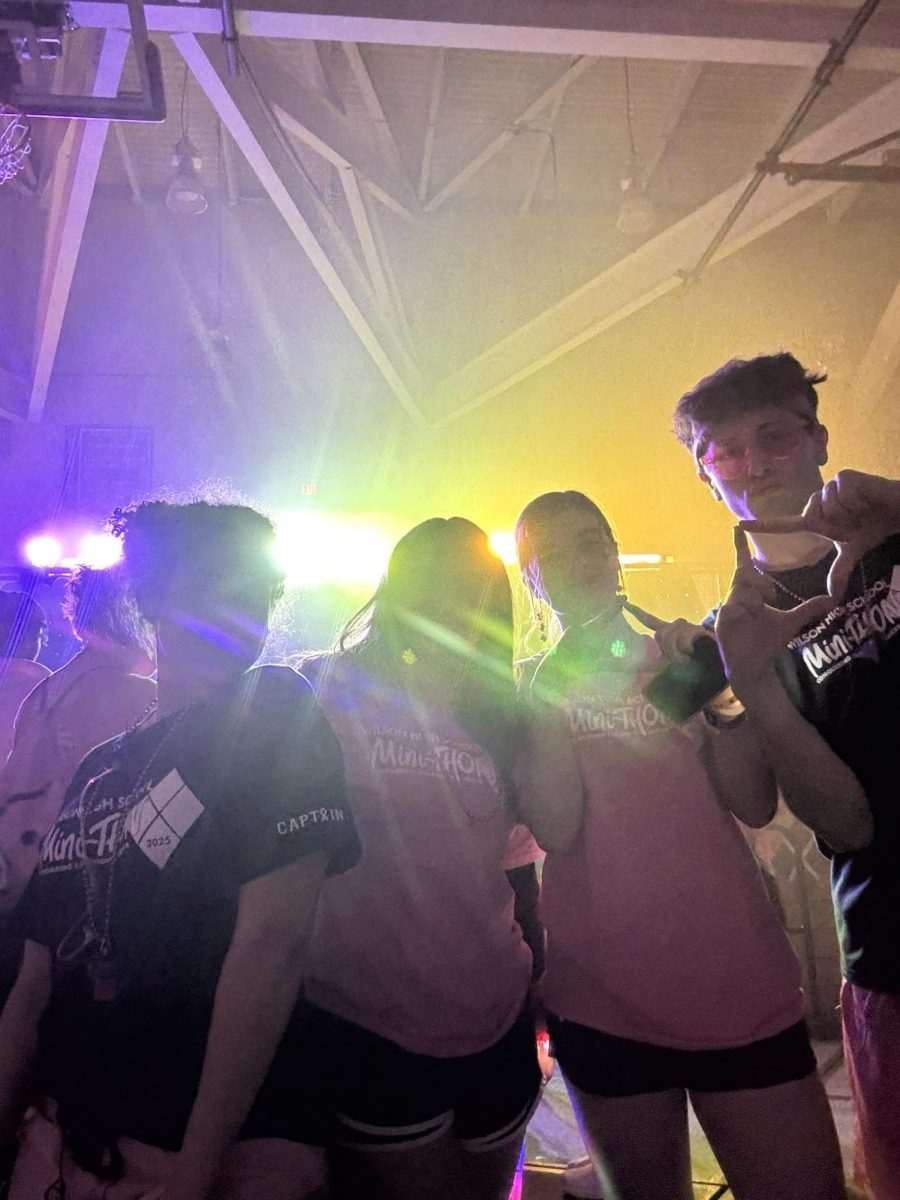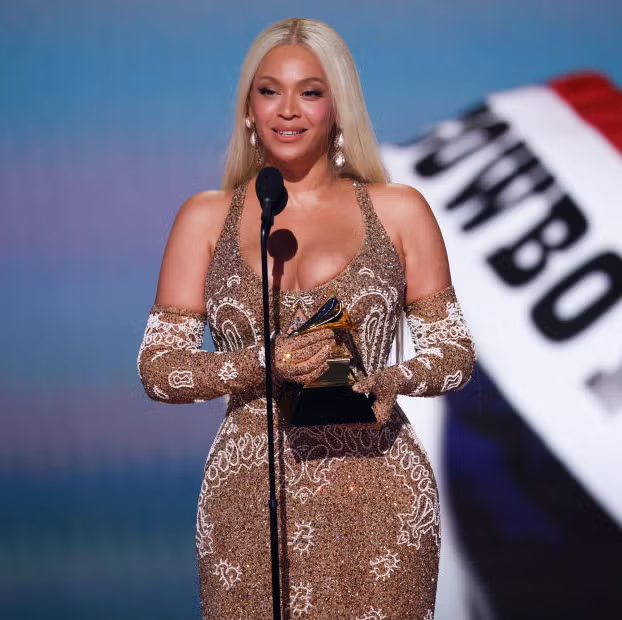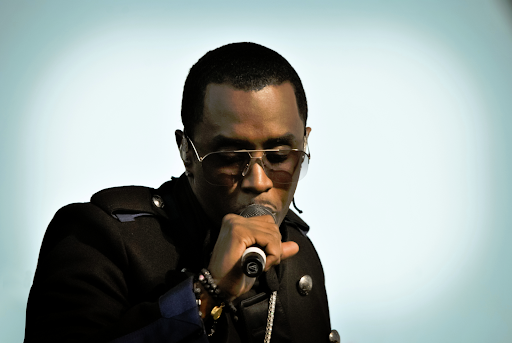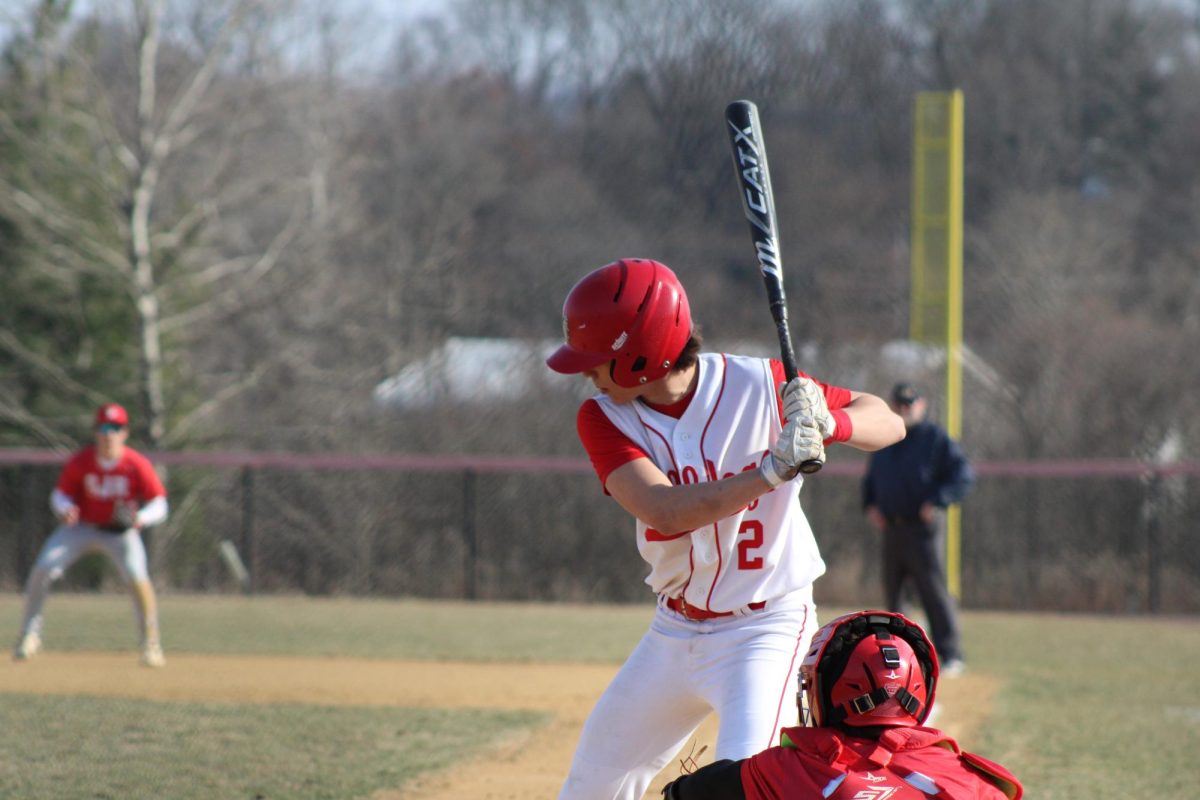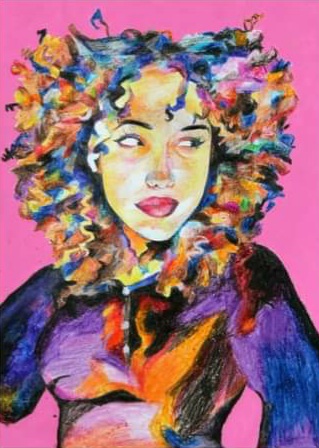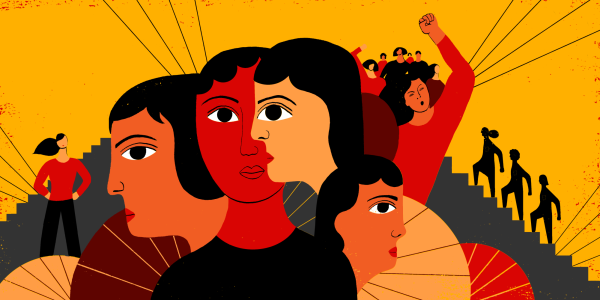
Every day, worldwide, 137 women and girls will be killed by a family member or partner. 50,000 women will die by femicide every year.
According to the United Nations, femicide is: “An intentional killing with a gender-related motivation, femicide may be driven by stereotyped gender roles, discrimination towards women and girls, unequal power relations between women and men, or harmful social norms.”
This problem is a worldwide one. No matter what continent you are in – the Americas, Europe, Asia or Africa – femicide is prevalent.
Killings related to gender are not often identified or counted. In many cases, femicides are seen as simple homicides, like the case of Natalie Holloway, who disappeared on a senior trip on May 30, 2005. Nearly two decades later, on Oct. 28, 2023, Joran van der Sloot confessed to killing her, alleging that it was because she denied his romantic advances.
Similarly, in the United Kingdom, Sept. 28, 2023, a 15-year-old girl was stabbed and killed after she and her friend refused flowers from a 17-year-old boy on the way to school.
That is what femicide is. It can be as simple as a girl politely declining attention from men and suffering for it.
Women or girls who are trans or of color are significantly more likely to die from femicide or simply not get the media attention they deserve after their death. U.N. specialists widely speculate that the reason that trans women are more likely than cis-women to be targeted is due to the fact that their abusers will take advantage of the societal pressures of being trans to control them and make them easier victims.
But there are simple and easy ways to make this problem less prevalent. Make a stand against rape culture. Don’t ask victims questions like, “Well what were you wearing?” or “Why did you go out at that time? Did you honestly think nothing would happen?” Not only does that make the victim feel like they can no longer talk about their experience, but it also puts the blame on them and not the perpetrators.
Likewise, don’t downplay incidents of sexual harassment. Even something that appears as small as a joke can put someone in a dangerous position for admitting it made them uncomfortable (and receiving the all too familiar comments of, “Well, it was only a joke. Stop being so sensitive.”)
Another easy way to help is to listen to victims of abuse. Only 310 out of 1,000 sexual assaults will be reported to police. This is because, more often than not, victims will not be believed, or they have been so heavily shamed in the past into believing they won’t be that they say nothing. Even just opening your door and listening to a survivor’s story is helping.
As bleak as the future might appear, there are signs of hope. Society is more willing than ever to listen to victims; the #MeToo movement began in 2006 but hit its peak just five years ago in 2017 when actresses started to speak out against Harvey Weinstein.
In Argentina, Sordas Sin Violencia (Deaf Women Without Violence) is a program to provide assistance, emotional support and access resources for women who are deaf who are dealing with or in an abusive relationship. The co-leader, Sabrina Grinschpun, is a deaf woman herself who understands the struggles personally.
In Malawi, there lies the Foundation For Civic Education and Social Empowerment. It is an advocacy organization run by young women and girls meant to educate and empower young women in girls, advocating for laws against child marriage and domestic violence.
And in the United States, there is the National Organization For Women, advocating for equal rights for all women in every sphere: social, political and economic.
There is still a long way to go in order to reach true equality, but there is no denying that progress has been made already.
